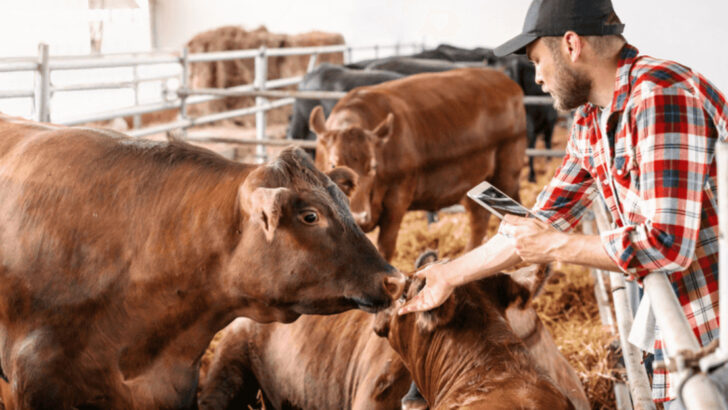Raising farm animals looks peaceful in pictures—until you’re ankle-deep in chaos by day two. Newcomers often dive in with big hearts but little prep. They underestimate the mess, misread behaviors, and assume every animal is just a fluffy friend. Spoiler: goats don’t respect fences, roosters don’t care about your sleep schedule, and feeding routines can go sideways fast if you don’t get them right. It’s not about being perfect—it’s about being prepared. Some of these mistakes are easy to fix, others can turn into expensive, heartbreaking lessons. Before you bring home that baby chick or curious piglet, get familiar with the traps most beginners fall into— and learn how to avoid turning your dream farm into a daily disaster.
Overcrowding Animals
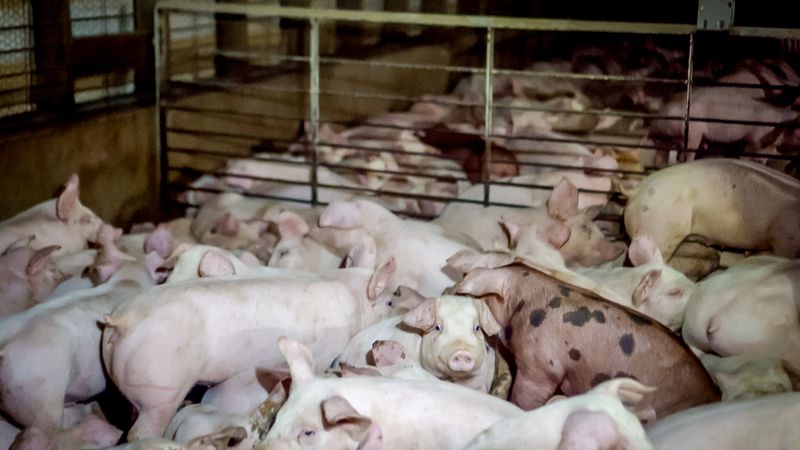
Overcrowding is a rookie mistake many new farmers make. When animals are crammed into small spaces, they become stressed and prone to illness. Imagine a bustling city street at rush hour—animals feel similarly overwhelmed when space is limited.
Proper planning of living quarters is crucial. Each species has different spatial needs, and understanding these requirements can prevent health issues. Overcrowding not only affects the physical health but can also alter behavior, leading to aggression.
Start by researching the space needs of each animal type and ensure adequate room for their comfort and well-being.
Ignoring Bio-security Measures
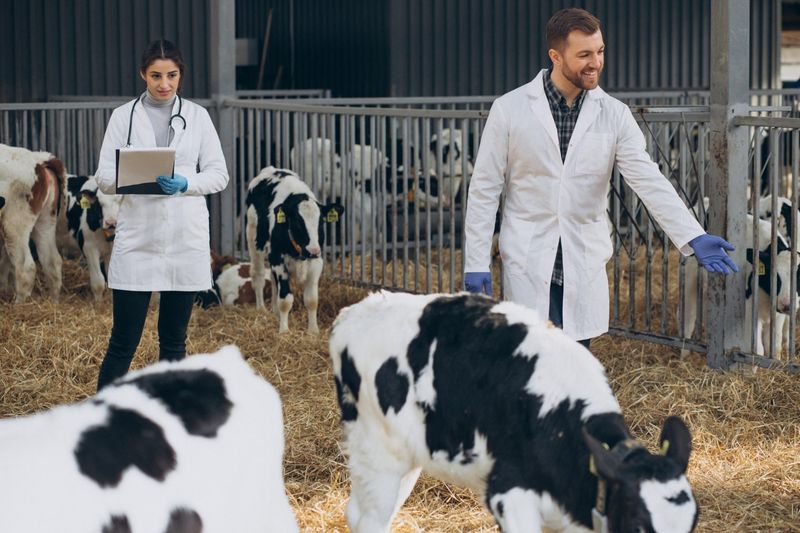
Ignoring bio-security is akin to leaving your front door wide open. Diseases can easily spread if proper hygiene practices are not in place.
Farmers must implement strict protocols, such as regular cleaning and disinfecting of equipment. Quarantine new animals before introducing them to existing herds.
Think of it as building a fortress against invisible invaders. Keeping a schedule for cleaning and monitoring animal health can safeguard your farm. Infections can devastate a farm, but vigilance in bio-security can prevent such disasters.
Neglecting Animal Nutrition
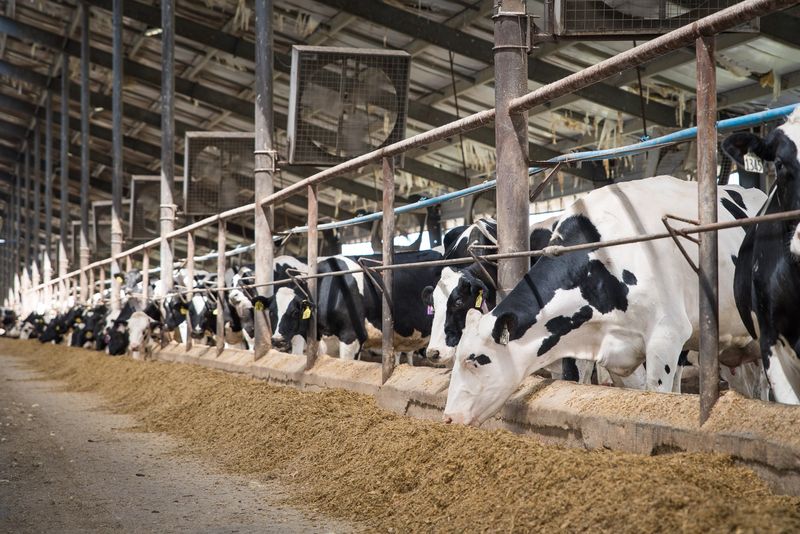
Nutrition is the cornerstone of healthy farm animals. Neglecting this aspect can lead to malnutrition, impacting growth and productivity.
Beginner farmers might be overwhelmed by feed choices, leading to poor diet decisions. Understanding the dietary needs of each species is vital. Different animals require specific nutrients for optimal health.
Consulting with a veterinarian or a nutritionist can provide clarity. Remember, what you feed your animals directly affects their health and production. A balanced diet is crucial for a thriving farm.
Underestimating Time Commitment
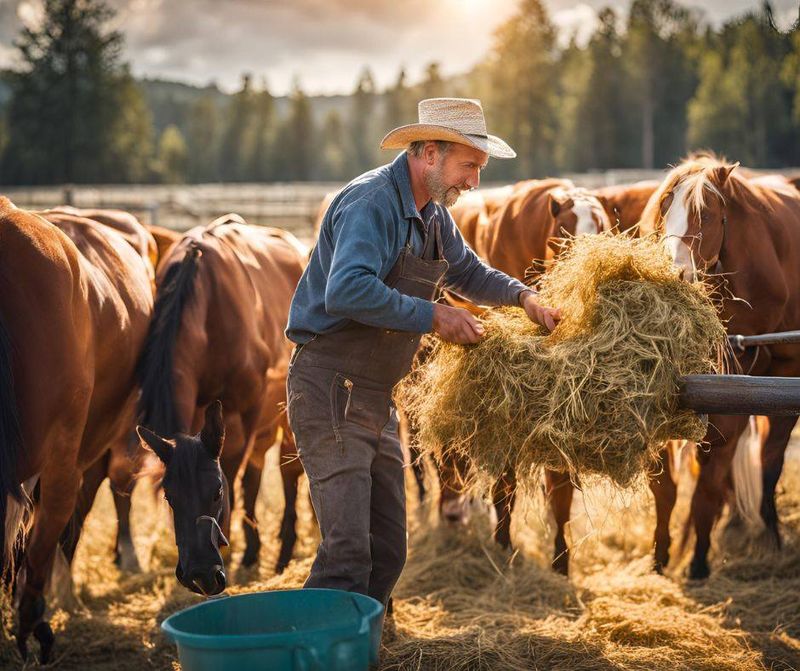
Farm life demands time and dedication. New farmers often underestimate the hours required for daily animal care.
From feeding to cleaning, the tasks are endless. It’s not merely a hobby but a lifestyle choice. Setting realistic expectations can prevent burnout.
Consider creating a daily schedule to manage tasks efficiently. A love for animals is essential, but recognizing the necessary time investment is equally important for success.
With commitment, the rewards of farming can be genuinely fulfilling.
Lack of Record Keeping

Record keeping is often overlooked but essential for farm management. Beginners might find it tedious, but maintaining detailed records of livestock health, breeding, and production is invaluable.
Imagine running a business without knowing your inventory. Records help in decision-making and identifying patterns. They also provide insights into animal health and productivity.
Utilize digital tools or simple spreadsheets to track this information. Organized records can make the difference between a struggling farm and a thriving one.
Improper Shelter Design
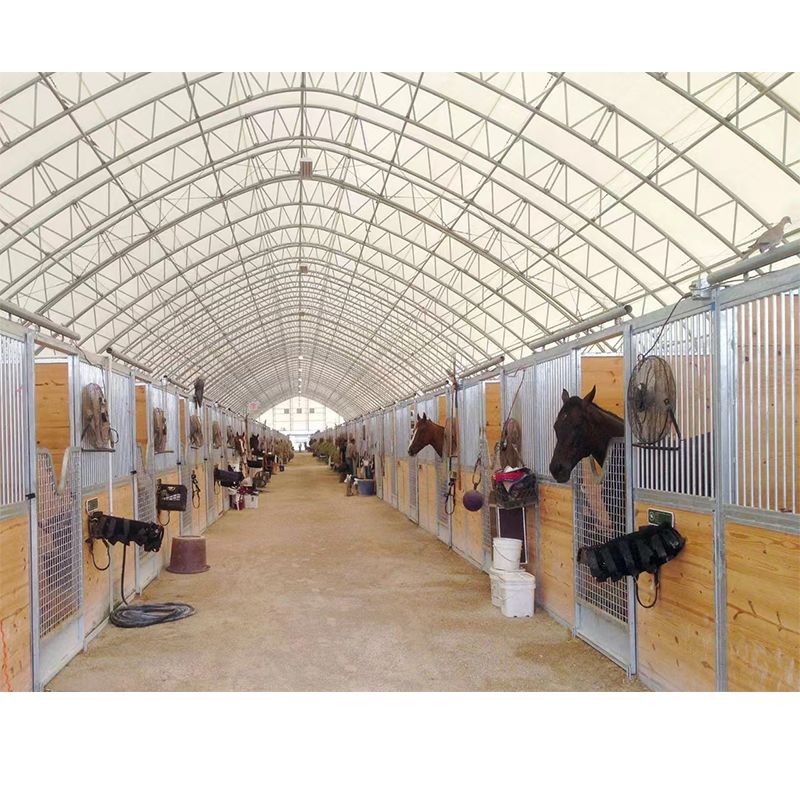
Shelter is a fundamental need for farm animals. An improper design can result in exposure to harsh weather, affecting animal health.
Beginner farmers might overlook the importance of adequate shelter insulation and ventilation. A well-designed shelter protects animals from extreme temperatures and predators.
Consider local climate conditions when building shelters. It’s not just about keeping them dry but ensuring comfort. Quality shelter reflects directly on animal welfare and productivity.
Overlooking Animal Behavior
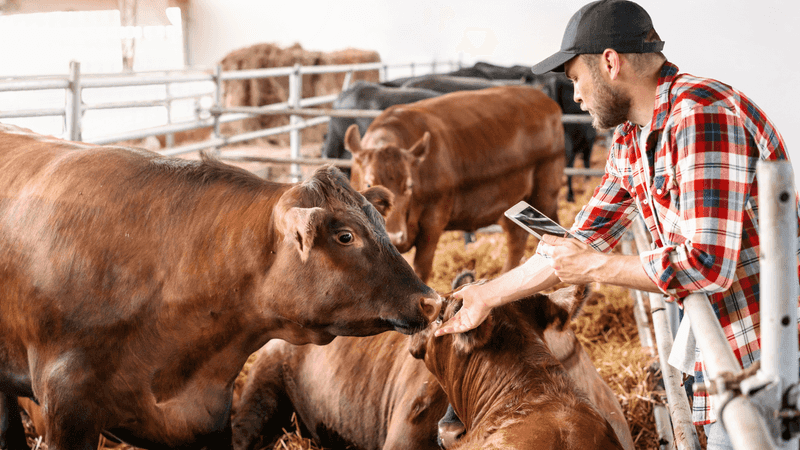
Understanding animal behavior is crucial. Ignoring behavioral cues can lead to conflicts or health issues among livestock.
Beginners may misread signs of aggression or illness, leading to problems. Each species exhibits unique behaviors that indicate their well-being.
Observing daily interactions helps in identifying issues early. Awareness of behavioral patterns can prevent escalations and ensure a harmonious farm environment.
Insufficient Veterinary Care
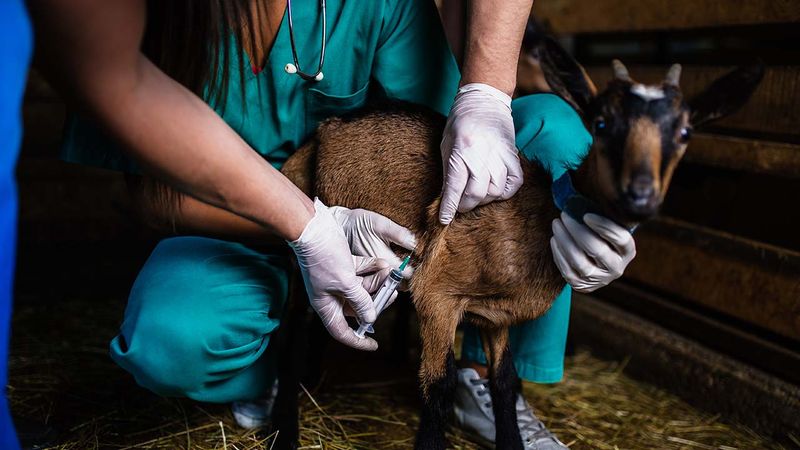
Veterinary care is a lifeline for farm animals. Some beginners hesitate to call vets, underestimating the importance of professional health assessment.
Regular check-ups ensure early detection of illnesses. It’s comparable to visiting a doctor for routine health checks.
Building a relationship with a local veterinarian can be a game-changer. Proactive health management can prevent diseases and ensure a thriving farm.
Failure to Plan for Emergencies
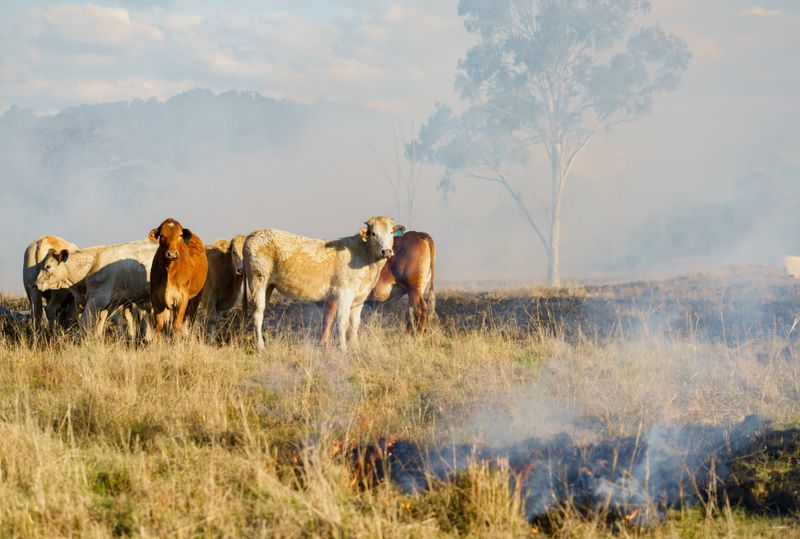
An emergency plan is as vital as having a fire escape route. Beginners often overlook this aspect, leading to chaos during unforeseen events like natural disasters.
Farmers should prepare for emergencies by having evacuation plans and emergency kits ready.
Consider potential risks specific to your location and farm type. Preparedness can save lives and minimize damage. Having a plan instills confidence and readiness in handling crises effectively.
Not Seeking Community Support
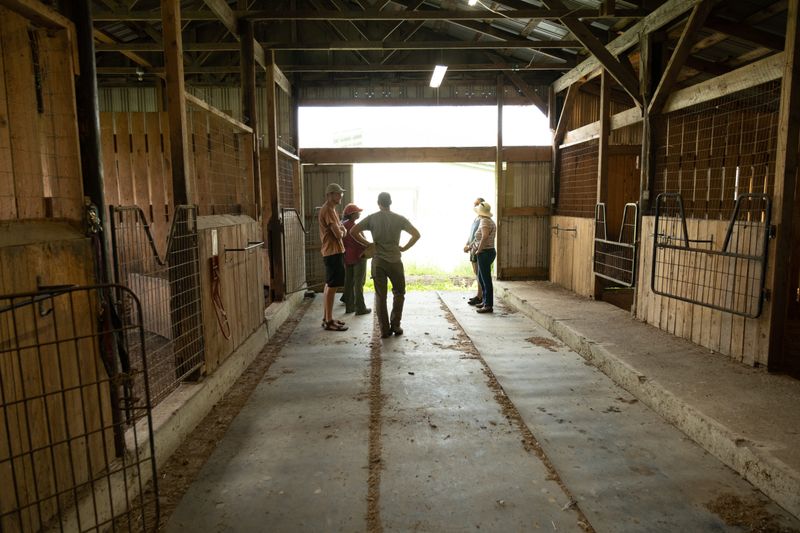
Community support can transform the beginner farming experience. Many start without realizing the wealth of knowledge and aid available from fellow farmers.
Joining local farming groups or online forums opens doors to shared experiences and valuable insights.
Networking with other farmers provides a support system and can lead to collaborations. Embracing community resources elevates farming practices and fosters a sense of belonging.

